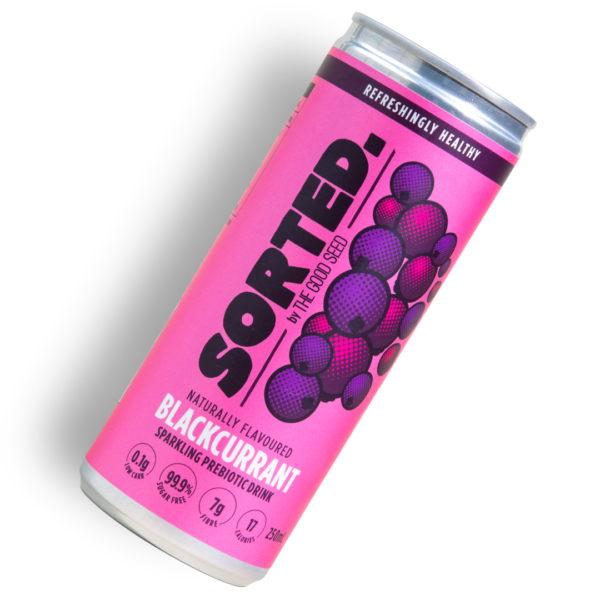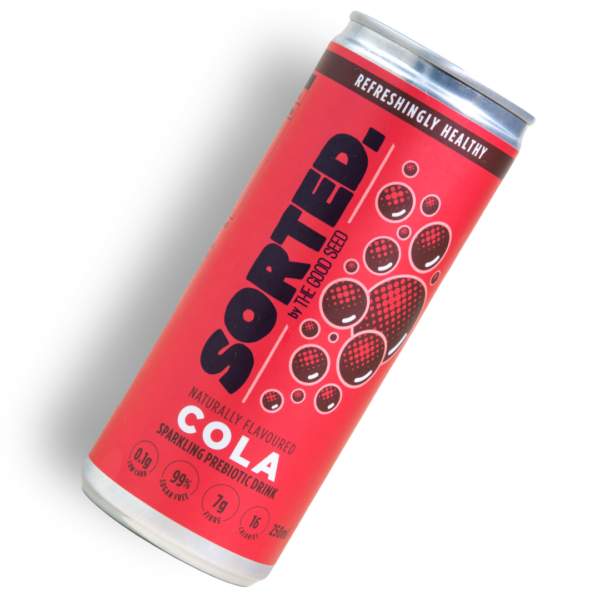Have you ever tried stevia and wondered, “why does stevia taste weird?”
If so, you’re not alone. This natural sweetener has a unique taste profile that leaves many people puzzled.
In this article, we’ll explore why stevia tastes so peculiar and offer some alternative sweeteners that don’t have a bitter or strange aftertaste.
The Science Behind Stevia’s Peculiar Taste
Stevia, derived from the Stevia rebaudiana plant, has been used as a sweetener for centuries.
It’s up to 300 times sweeter than sugar but contains zero calories, making it an attractive alternative for those watching their sugar intake.
However, stevia’s taste can be a deal-breaker for some.
Stevia contains compounds called steviol glycosides, which are responsible for its sweet taste. These compounds activate sweet taste receptors on the tongue, similar to the way sugar does.
However, stevia also contains other compounds that can activate bitter taste receptors on the tongue, such as stevioside and rebaudioside A. These compounds can lead to the bitter aftertaste that some people experience when consuming stevia.
And that’s not all, the concentration of these compounds can vary depending on the type of stevia product and how it’s processed. This can affect the intensity of the sweet and bitter flavours in stevia.
Genetic Factors Affecting Stevia Taste Perception
Not everyone experiences the same taste when consuming stevia.
Our genes determine how our taste buds respond to different flavours, and some people have taste receptors that are more sensitive to bitter flavours than others.
Specifically, there’s a gene called TAS2R38 that codes for a taste receptor that is responsible for detecting bitter compounds in foods. Some people have genetic variations in this gene that make them more sensitive to bitter flavours, including the compounds found in stevia.
So, if you have this genetic variation, you may be more likely to taste a bitter flavour when you consume stevia. However, it’s important to note that not everyone with this genetic variation will experience a bitter taste from stevia. Other factors, such as the concentration of stevia in a particular food or drink, can also play a role in how it tastes.
Different Forms of Stevia and Their Taste Profiles
Different forms of stevia can have different taste profiles due to variations in the concentration and composition of steviol glycosides, which are responsible for the sweet taste of stevia. Additionally, some forms of stevia may contain other compounds that can contribute to a bitter aftertaste.
Industry experts have conducted research to understand these differences in taste profiles. For example, a study published in the Journal of Food Science in 2015 found that different extraction methods can result in stevia products with varying taste profiles. The study compared the taste profiles of stevia extracts produced through two different methods: water extraction and enzymatic hydrolysis. The researchers found that the water extraction method produced a sweeter taste profile, while the enzymatic hydrolysis method resulted in a more bitter taste profile.
In addition, the form in which stevia is consumed can also impact its taste. For example, powdered forms of stevia may have a slightly different taste profile than liquid forms. This is because the concentration of steviol glycosides can vary depending on the form of stevia and the manufacturer.
According to Marianne Gillette, CEO of the International Stevia Council, “Stevia extracts, including Reb-A (Rebaudioside A), Reb-D, and Reb-M, all have a unique taste profile which varies depending on the extract and on the application.”
Tasty Alternatives to Stevia
If you’re looking for alternative natural sweeteners without the bitter aftertaste of stevia, consider trying the following options:
- Thaumatin: It’s the sweetest substance known to humans. Thaumatin is a naturally occurring, intensely sweet protein extracted from the West African katemfe fruit (Thaumatococcus daniellii), often used as a low-calorie sweetener and flavour enhancer in food and beverages.
- Monk fruit sweetener: Extracted from the monk fruit, this sweetener is up to 200 times sweeter than sugar and contains zero calories. It has a fruity taste and is often combined with other sweeteners like erythritol to reduce its intensity.
- Yacon syrup: Derived from the yacon root, this syrup has a similar taste to molasses and contains prebiotic fibres that support gut health. It’s less sweet than sugar, so you may need to use more of it in recipes.
Conclusion
The peculiar taste of stevia can be attributed to its chemical makeup, genetic factors, and processing methods. If you find stevia’s taste unpalatable, you might prefer alternatives like thaumatin, monk fruit sweetener, or yacon syrup. No matter your preference, there’s likely a natural sweetener out there that can satisfy your sweet tooth without the bitter aftertaste of stevia.
And if you ultimately decide that stevia isn’t for you, there are plenty of other natural sweeteners available that can provide a satisfying alternative without a weird taste.
Happy sweetening!





